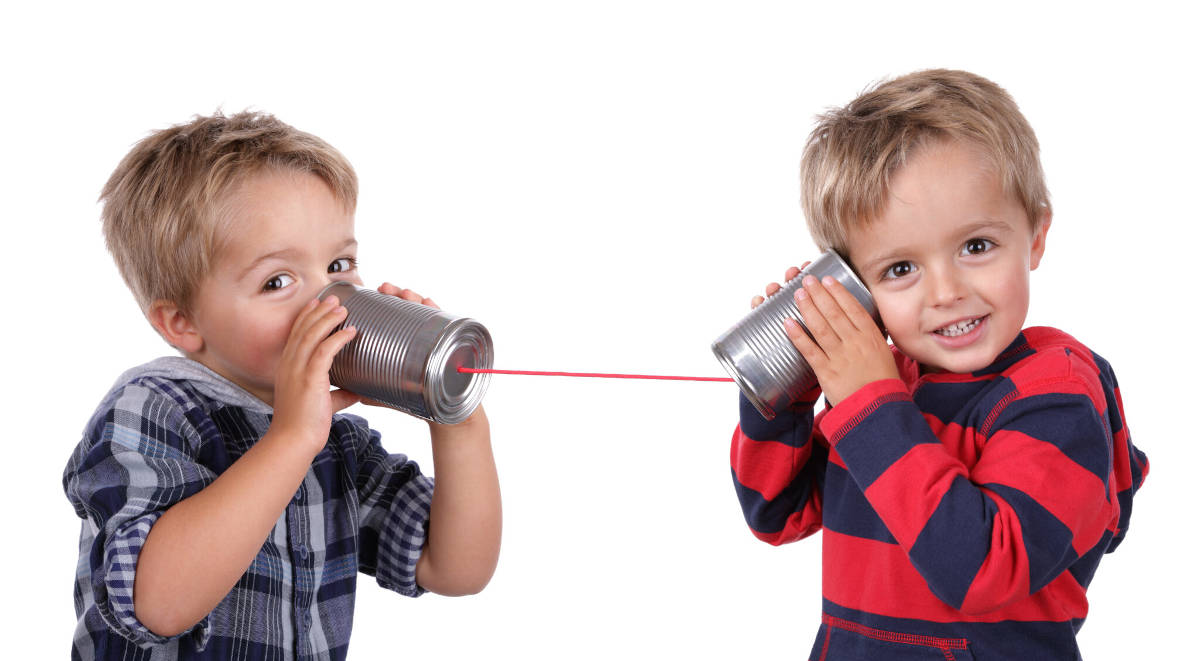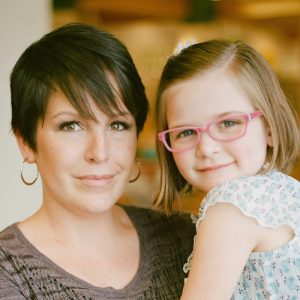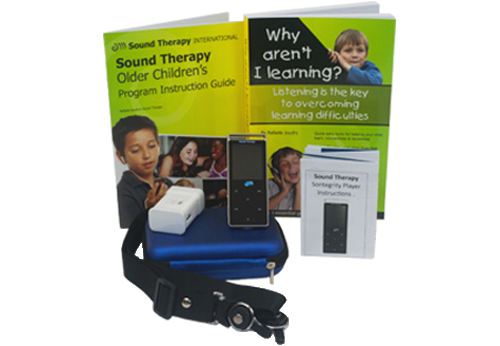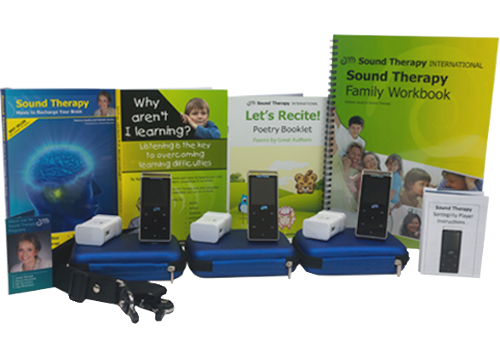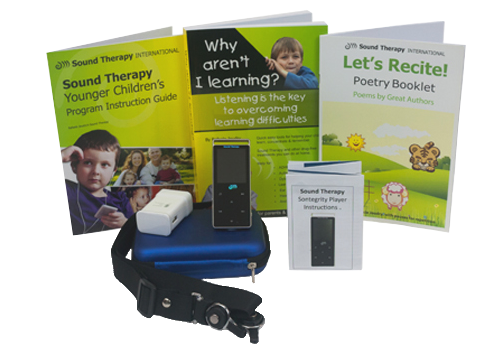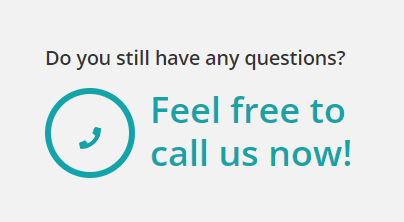Speech Problems and Sound Therapy
Accurate speech is a measure of accurate hearing


Many factors can effect speech development in the early years. These can include hearing loss, apraxia (which is a motor planning disorder), an oral motor deficit (affecting the musculature of the mouth), or sensory integration issues.
However, the common factor to all speech is that in order to be able to learn and reproduce auditory information, we must first hear it correctly. This is where an auditory training program such as Sound Therapy can help.
Any speech we produce is directed by a number of auditory centres in the brain. If we can stimulate these auditory centres in the correct way, developing speech skills becomes much easier.
An idea put forward by the ear doctor, Alfred Tomatis, who developed many of the ideas behind Sound Therapy, is that language problems are frequently associated with left-ear dominance, which causes auditory confusion. In poor lateralization there is an extra step in the auditory feedback process. The two ears communicate with opposite hemispheres of the brain. Therefore, if a child is using the left ear, the message is sent to the right hemisphere of the brain.
The message must then be sent on to the left hemisphere, meaning there is a loss of time and causing slowness and fatigue. In contrast, when the right ear leads, this has the effect of facilitating and accelerating the child’s processing of sensory and cognitive information. Sound Therapy consistently trains the right ear to lead. It not only provides the right ear with a higher volume of sound, but also trains the right ear in its intended role of being the main receiver and decipherer of high frequency tones.


